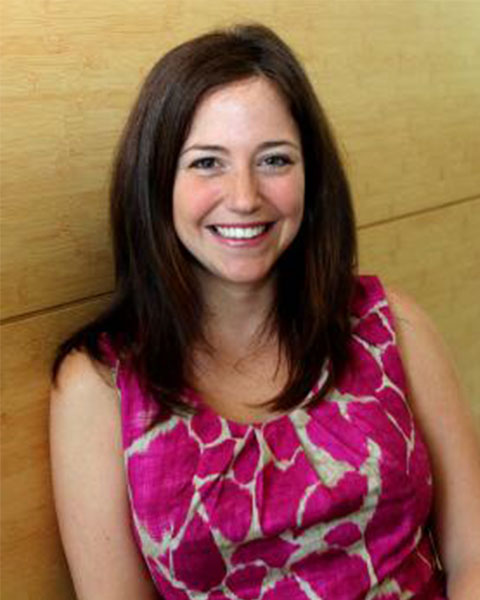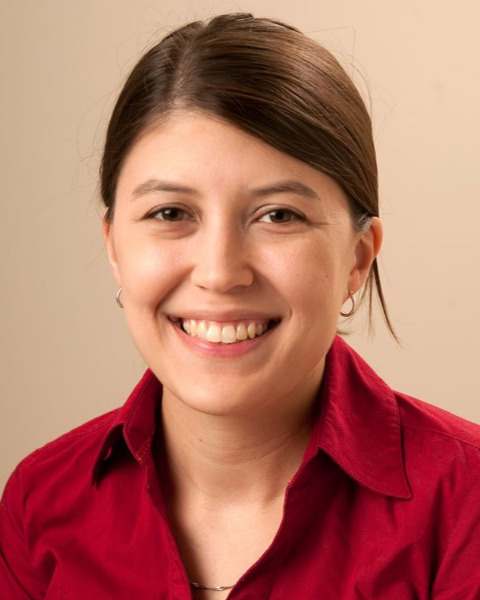Symposia
Child / Adolescent - Externalizing
3 - (SYM 141) Treating Familial ADHD in Urban Pediatric Primary Care: A Hybrid Effectiveness-implementation Trial

Andrea Chronis-Tuscano, Ph.D. (she/her/hers)
Professor
University of Maryland- College Park
College Park, Maryland- NL
Nicole Lorenzo, PhD (she/her/hers)
Assistant Professor
American University
Washington, District of Columbia - KC
Katherine Coley, B.S.
Clinical Research Coordinator
Children’s National Health System
College Park, Maryland - DH
Diana Heath, B.S. (she/her/hers)
Research Coordinator
University of Maryland
College Park, Maryland - AC
Alanah Claybaugh, MPS (she/her/hers)
Research Coordinator
University of Maryland
College Park, Maryland - SF
Sophia Frontale, MPS (she/her/hers)
Research Coordinator
University of Maryland
College Park, Maryland - LE
Lisa Efron, PhD (she/her/hers)
Associate Professor
Children's National Hospital
Washington, District of Columbia - IB
Ian Bennett, MD, PhD (he/him/his)
Professor
University of Washington
Seattle, Washington - MS
Mark Stein, PhD
Associate Professor
Seattle Children's Hospital/ University of Washington
Seattle, Washington 
Christina Danko, Ph.D.
Assistant Clinical Professor
University of Maryland- College Park
College Park, Maryland- DM
Donna Marschall, PhD (she/her/hers)
Director, Whole Bear Care
Children's National Hospital
Washington DC, District of Columbia - AR
Adelaide Robb, MD (she/her/hers)
Chair, Psychiatry
Children's National Hospital
Washington, District of Columbia - JL
Joyce Lui, PhD (she/her/hers)
Assistant Professor
Concordia University
Montreal, Quebec, Canada - DT
Daria Taubin, B.A.
Graduate Student
University of Maryland
College Park, Maryland
Speaker(s)
Co-author(s)
Parental ADHD is present in 25-50% of families of children with ADHD and predicts poor child developmental and behavioral treatment outcomes. For young children with ADHD, the American Academy of Pediatrics treatment guidelines recommend behavioral therapy prior to stimulant treatment, but behavior therapy is often difficult to access and is far less effective when the parent has ADHD. Thus, based on our prior research and that of others, it seems plausible that a family-based treatment approach targeting both parent ADHD with stimulant medication (PSM) and parenting/child ADHD with behavioral parent training (BPT) are needed to optimize developmental outcomes for youth at both genetic and environmental risk for ADHD.
In Washington DC, we are recruiting from primary care practice settings that serve diverse racial/ethnic and socioeconomic groups. We have added a brief adult ADHD screener to the well-child visit packets for children within our age range; we additionally recruit from electronic health records, provider referrals, psychiatry waitlists and the community. Real-world providers deliver the PSM and BPT treatments via telehealth. We formed a community advisory group consisting of parents, pediatricians, pediatrics office staff and co-located psychologists from this community who advise us on recruitment, screening, workflow, treatment selection, and issues related to cultural sensitivity throughout the study. Our goal is to create a sustainable implementation plan for comprehensive treatment of families with ADHD within the primary care context.
Identifying multiplex ADHD families in pediatric primary care settings has great potential for impact because primary care is where ADHD is most often managed; pediatric settings are also more accessible and less stigmatizing than specialty mental health care settings. We will describe our ongoing two-site, collaborative, Type 1 Hybrid Effectiveness-Implementation trial to test the relative effectiveness of parent stimulant medication plus BPT (PSM+BPT) versus BPT alone for mothers/fathers with ADHD and their 4-8 year old children with elevated ADHD symptoms. Our enhanced BPT approach integrates a focus on both behavioral parenting skills and parent mental health using cognitive-behavioral and organizational tools. The study takes place through both Children’s National Hospital and Seattle Children’s Hospital.

